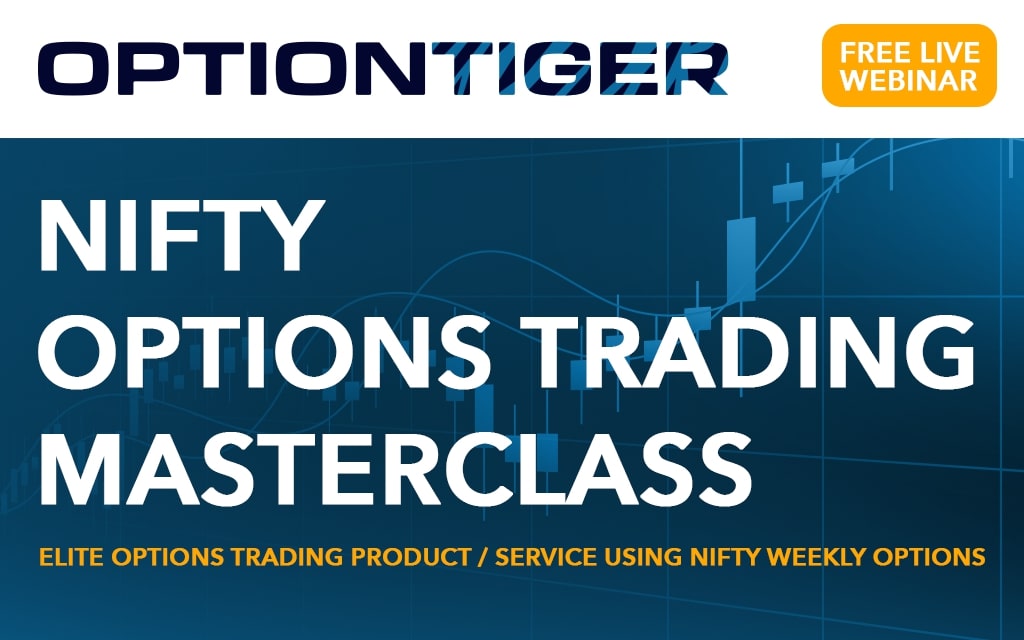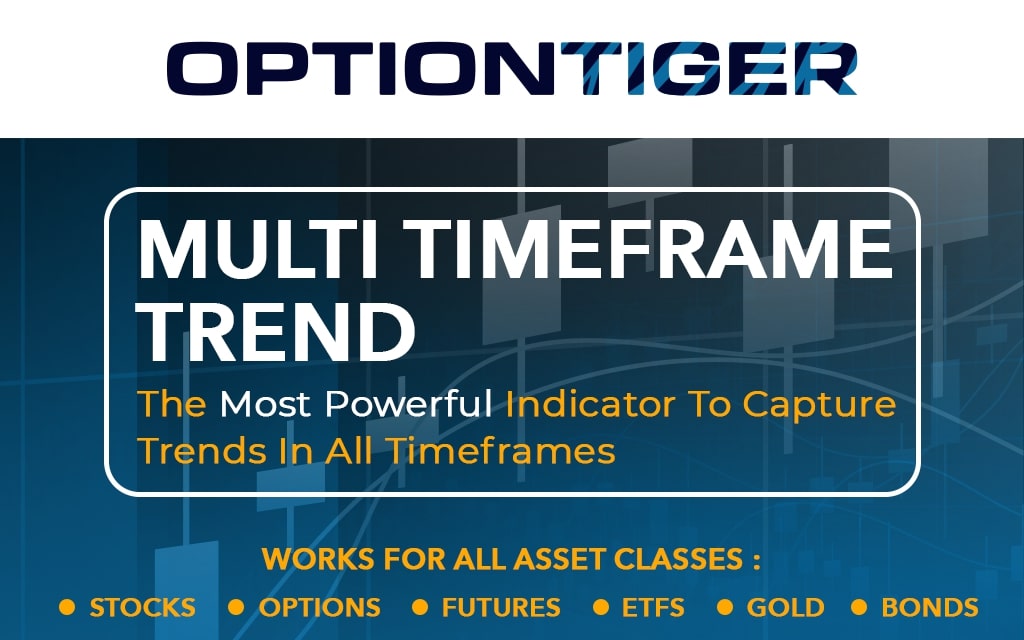As an avid fan of soccer and the English Premier League, I’m watching the developments of the American IPO of Manchester United with a lot of interest. A great day for soccer indeed (even if it happens to be one of the biggest rivals of my team Chelsea FC. I promise to be objective with this analysis 🙂 ). And let’s not forget this IPO comes on the heels of the great Olympic Gold medal win by the U.S. Women’s team.
First let’s give the (red) devils their dues. This is not just any sports team – Manchester United (MANU) is THE most storied sports franchise in the world today. It’s an iconic brand – and deservedly so, especially given how their manager Sir Alex Ferguson has transformed the franchise in the past 25 years, and instilled a killer winning instinct into the team DNA that is unmatched by any other sports team. They have more titles in the English Premier League and European championships than the next 3 teams put together.
They have 700 million rabid fans across the world. You can go to any corner of the world, and its not hard to see that Manchester United is easily the most well recognized sports franchise on the planet. From global city slickers to the fishermen in Bali, Manchester United attire is widely and proudly adorned. (U.S. sports franchises have lots to learn from Manchester United about global branding and promotion). Heck, they even have two fully branded Manchester United sports bars in my hometown of Bombay, India. Once inside these bars, the atmosphere would have you believe you were right outside the Old Trafford stadium with all the Manchester United trappings.
This is all great news for the IPO – they plan to raise about $330 M by selling 10% of the club which values the franchise around $3 billion. This is almost 50% more than that of the next valuable sports franchise in the world – be it the Dallas Cowboys, Washington Redskins, NY Yankees or Real Madrid. They just inked a jersey deal with GM that will bring in revenues of over $500M. They may even go for naming rights of their iconic stadium Old Trafford, much to the dislike of their hard-core fans, but shareholders will benefit from an expected $1 billion in revenues stock.
All in all, this is a great story. But before you go out and buy the – think of another global brand whose stock has gotten decimated 45% since its IPO 3 months ago. Yes, I’m talking of Facebook, of course. Just because a billion people use Facebook does not mean it is a great stock. Just because Manchester United is an iconic brand doesn’t mean it can be a great stock. MANU stock was expected to price between $16 and $20, but ended up pricing at $14 due to lackluster demand from institutional investors. MANU has a debt load of $650 M, most of it piled up when American Malcolm Glazer bought the franchise. They even had to issue bonds one time that carried an interest rate of 9%, a lot higher than other corporate issues at the time. This year they are expected to post a loss. The proceeds of the IPO were supposed to be used entirely to pay down the debt, but now the Glazer family plans to use only 50% for that purpose, and pocket the other 50% for themselves. The Glazer family still controls 98% of the voting rights after the IPO. At $14 a share, it is valued at 16 times earnings, a valuation metric that is 40% richer than Apple. All in all, the business side of MANU is a stinker. Big institutional investors want no part of this, and its no surprise that the stock opened at $14 on Friday – and guess where it closed. $14. Look for this stock to come down 40% just like Facebook did. I just love the closing statement of this article in the Economist – “Compared with this IPO, Malcolm Glazer’s facial hair seems attractive”. That’s the last word. Hilarious !



yes with a small correction.Yes, innestmevt banks do *sometimes* buy stock before it reaches the public market in a hope that when it starts trading at an exchange the public will drive the price higher than the bank paid for the stock. Other times same bank does not risk its money and says to the company: we will do our best and sell your stocks as high as we can and take a portion as our comission .Small correction: it is not arbitraging . Atbitraging implies quick guaranteed profit, while innestmevt bank risks when it buys the pre-IPO stock, as it is not guaranteed to go up after IPO.